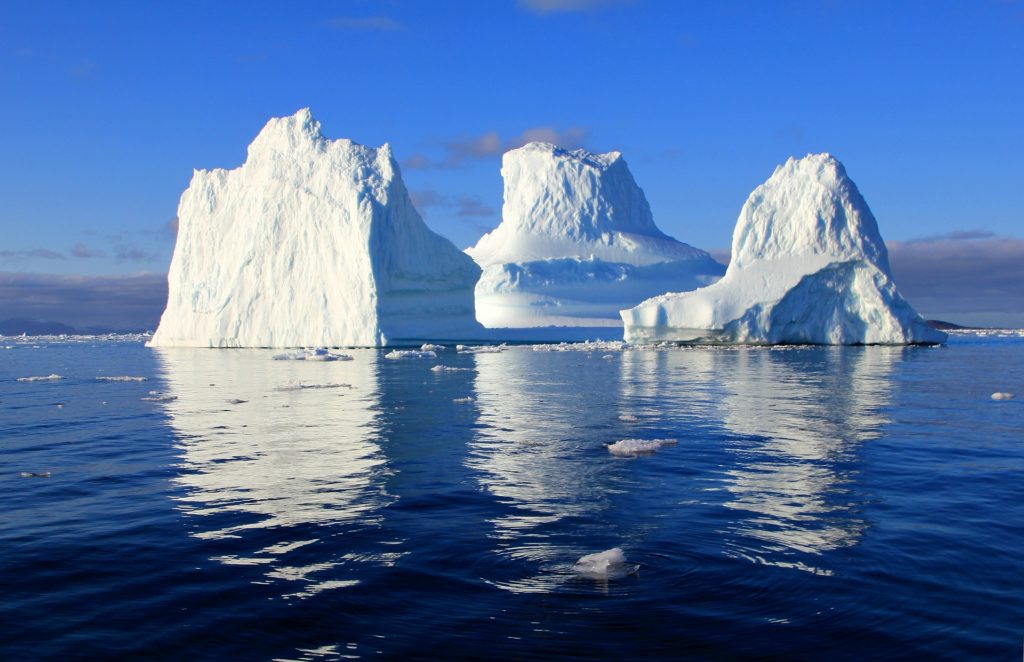The melting of the ice cap in Greenland is irremediable, scientists conclude in a new study published in the Communications Earth and Environment journal.
The ice cap would continue to shrink "even if global warming stopped today" because snowfall no longer compensates for the loss of ice.
"Greenland's glaciers have passed a tipping point of sorts, where the snowfall that replenishes the ice sheet each year cannot keep up with the ice that is flowing into the ocean from glaciers," said a statement from Ohio State University, where the authors of the study are working.
In the 1980s and 1990s, the ice cap was losing about 450 gigatonnes (about 450 billion tonnes) of ice per year, replaced by snowfall, scientists noted after analysing some 40 years of data. From the 2000s onwards, the melting accelerated to 500 gigatonnes but was not compensated for by snowfall.
Related News
- Global warming: polar bears could become extinct by 2100
- Drought fears spread as tap water dries up in Flemish Brabant
"The Greenland ice sheet is losing mass at accelerated rates in the 21st century, making it the largest single contributor to rising sea levels," the study pointed out.
Meanwhile, other members of the scientific community consider it premature to speak of a point of no return.
"We don't know by how much greenhouse gas concentrations will increase," Ruth Mottram, a climatologist at the Danish Meteorological Institute (DMI), told AFP.
The results published in the Nature environment journal show that "even if we were to stabilise temperatures (and greenhouse gas emissions) at the current level, the ice cap would continue to melt, but only until its size is back in balance with the climate," she said.
According to another recent study by the University of Lincoln (UK), melting ice in Greenland is expected to contribute 10-12 cm to sea level rise by 2100.
The Intergovernmental Panel on Climate Change (IPCC) had estimated in 2013 that sea levels would rise by 60 centimetres by the end of the century.
The Brussels Times

